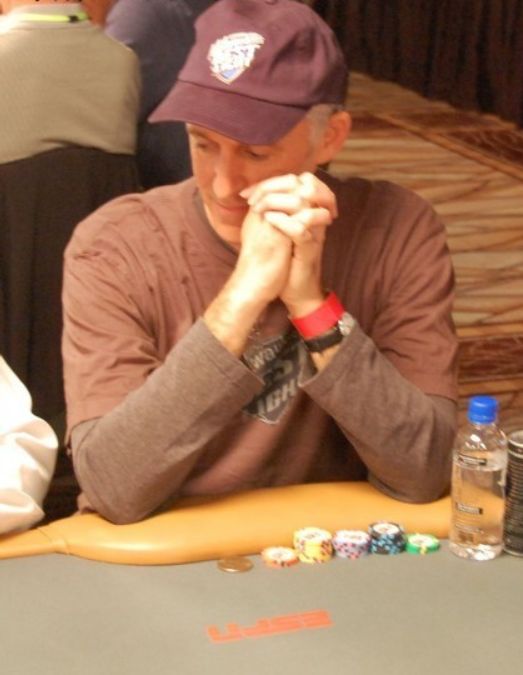
Bob Silverstein has described several internal “tells” states, such as situations full of tension and external pressure (a complex hand, a lot of money in the pot), feeling bad due to an unsuccessful life (problems in the family or profession), suppression and control of emotions, and of course, “Hellmuth's rage.”
Silverstein discovered something interesting here:
However, first of all, I think the title of this article is not entirely correctly chosen, as it will not be about classic “tells.” Usually, “tells” are certain movements or changes in a player's behavior that provide information about the strength of the hand. “Tells” reveal to the opponent what helps them make a better decision.
However, in this case, Silverstein is talking about “tilt.” In his opinion, when a player is struck by internal “tells,” they are actually in a state of “tilt.” “Tilt” – the biggest enemy of a poker player. Many articles have been written about this state, but this topic is still not fully explained.
 So why are internal “tells” actually “tilt”? Because they hinder finding the right decision. This happens when depression or fatigue weighs down, making it difficult to play. Internal “tells” can also arise from financial problems, such as a decreasing “bankroll”, which then creates a certain fear that, as we know, destroys self-confidence. Sometimes there are days when peace and concentration in the game are lost, and therefore one feels insecure and inadequate.
So why are internal “tells” actually “tilt”? Because they hinder finding the right decision. This happens when depression or fatigue weighs down, making it difficult to play. Internal “tells” can also arise from financial problems, such as a decreasing “bankroll”, which then creates a certain fear that, as we know, destroys self-confidence. Sometimes there are days when peace and concentration in the game are lost, and therefore one feels insecure and inadequate.
Each of these internal states leads to “tilt,” as anger, depression, fear, insecurity, confusion, and other similar emotions hinder the search for optimal decisions.
“Tilt” does not only mean that we start folding cards or often get involved in “raise-reraise” battles. “Tilt” is every, absolutely every situation where we no longer play our best game.
It seems quite simple, but…
If it's so simple, then why does such confusion arise? Precisely because often complex things lie in simplicity. Let's go back to Silverstein once more. He advises listening to your inner voice, recognizing your unique emotional state, and trying to find inner harmony and self-confidence in poker, which is very necessary at such moments.
Jerry Yang once said that he could not play poker well if his mind was wandering with extraneous thoughts. “When I am calm and relaxed, nothing distracts me, I feel almost unbeatable then.
Humberto Brenes told Silverstein that when he loses a big pot, he then turns on his favorite song on his iPod and sings along loudly until he calms down.
So it's important to understand two things. First, it is necessary to recognize situations that lead to “tilt.” And this is really not easy to do. I often find myself getting irritated or losing patience. And as soon as I notice this, I ask myself: “When did all this start? How long have I been feeling this way? How many bad decisions have I already made?” I've been playing poker for many years and I'm still learning to recognize this state. It remains a difficult task.
And second, you always need to be psychologically prepared to return from the “tilt” state. For example, Humberto Brenes starts singing loudly, Jerry Yang tries to drive away unpleasant thoughts, others start meditating or doing breathing exercises.
Translation assisted by: Jonas Pakaušis
Borrowed from: http://www.pokerzeit.com/interne-tells-oder-einfach-nur-tilt
Author: Arthur S. Reber





